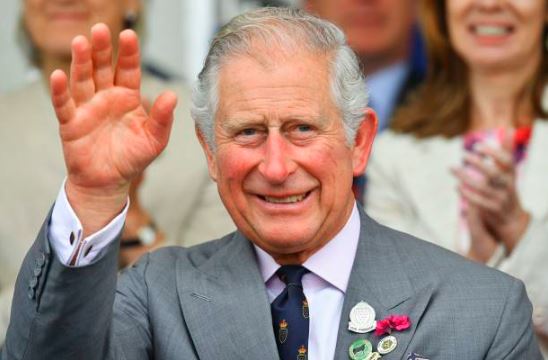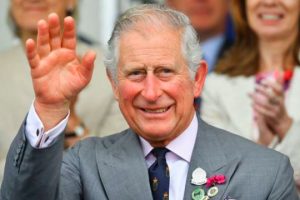King Charles III has been diagnosed with cancer following a recent medical procedure for an enlarged prostate.
While the palace did not disclose the specific type or severity of the cancer, it confirmed that the condition is separate from prostate cancer, which Charles does not have.
The statement from the palace revealed that during a hospital procedure addressing benign prostate enlargement, doctors identified the presence of cancer through subsequent diagnostic tests. The exact form of cancer detected remains unspecified.
Enlargement of the prostate, a common occurrence among older men, affects approximately 80% of individuals over 70 years old, as reported by Yale Medicine.
Symptoms of this condition may include difficulties with urination, loss of bladder control, or nocturia (frequent urination during the night).
Dr. William Oh, Chief Medical Officer of the Prostate Cancer Foundation, explained that a common treatment for benign prostate enlargement involves a transurethral resection, a surgical procedure aimed at removing excess prostate tissue to alleviate urinary obstruction.
During such procedures, a scope is inserted through the urethra to visualize the prostate and guide tissue removal. Dr. Christian Pavlovich of Johns Hopkins School of Medicine noted that this scope may also detect abnormalities such as bladder tumors or indications of bleeding from the kidneys, which could be indicative of kidney or ureteral cancer.
King Charles III Undergoes Cancer Treatment

Dr. Justin Friedlander of Fox Chase Cancer Center highlighted the possibility of identifying cancerous tissue originating from other parts of the body while analyzing prostate tissue removed during surgery, indicating potential cancer spread or more advanced stages of the disease.
Although discovering cancer during a procedure for prostate enlargement is relatively rare, Dr. Julio Pow-Sang of Moffitt Cancer Center cautioned that unexpected findings can occur in approximately 5-10% of cases.
The specifics of the procedure undergone by King Charles III for his enlarged prostate were not disclosed by Buckingham Palace, although it has been previously referred to as “corrective.”
As part of his treatment plan, King Charles III has commenced regular outpatient treatments for cancer in London.
The palace conveyed his appreciation for the medical team’s care and expressed his optimism about the treatment’s outcome, anticipating a swift return to full public duties.








